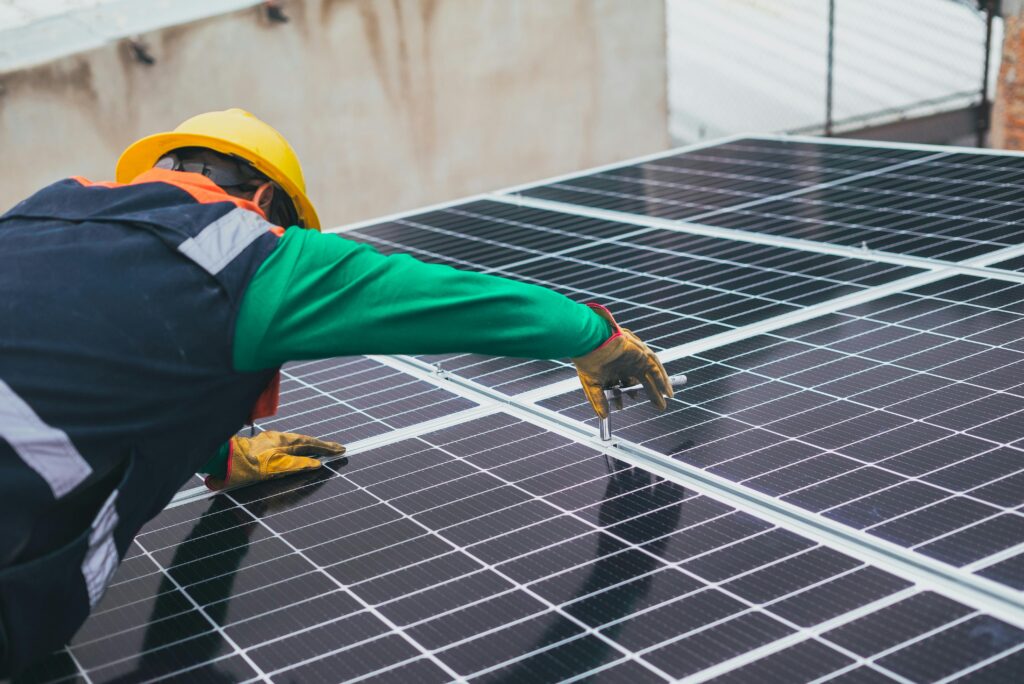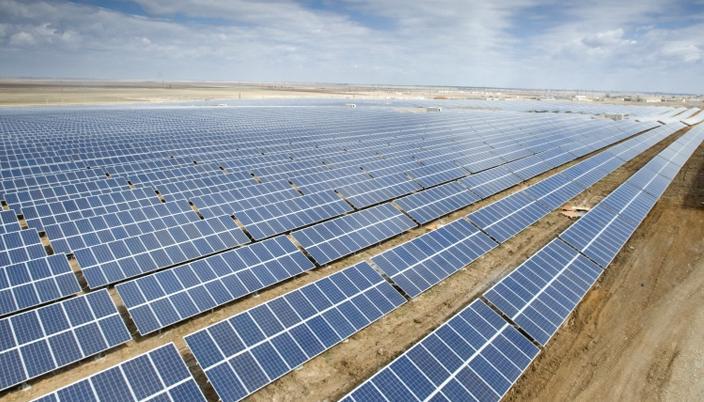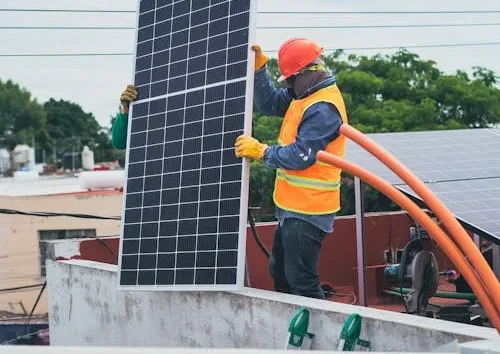If you operate a factory or industrial business in Nigeria, you know the pain all too well. The moment the grid fails, your entire operation grinds to a halt. Machinery stops, deadlines are missed, and your profit margins take a nosedive.
In 2025, relying on the national grid or expensive diesel generators is no longer just a “challenge”—it is a strategic business risk.

The Silent Killer: Why Diesel is Draining Your Business
For years, diesel generators were the standard fallback for Nigerian industries. However, with diesel prices now fluctuating between ₦1,400 and ₦1,800 per liter, that “backup” has become an unsustainable financial burden.
Many factories in Lagos, Port Harcourt, and Benin City report monthly fuel bills reaching ₦10 million to ₦20 million. When you add the cost of constant engine maintenance and the hidden cost of downtime during breakdowns, the financial drain is staggering.
The Business Case for Solar: From Liability to Asset
Forward-thinking Nigerian industries are no longer waiting for grid stability. They are embracing solar energy to move from “survival mode” to “thriving mode.”
Here is why solar is the ultimate business tool for 2025:
- Zero Fuel Costs: Solar systems provide consistent energy day and night without relying on erratic fuel deliveries or the national grid.
- Rapid ROI: Most industrial businesses recover their solar investment within 3 to 5 years. After that, your energy is essentially free, driving your profitability upward.
- Scalable & Flexible: Whether you are in agro-processing, manufacturing, or logistics, solar solutions can be tailored to meet your specific load requirements.
- International Competitiveness: Solar helps companies meet ESG (Environmental, Social, and Governance) standards, making you a more attractive partner for international funding and global markets.

Why Partner with Maektech Power Solutions?
At Maektech, we specialize in the “multi-million naira” industrial projects that demand precision and durability. We don’t just install panels; we secure your production line.
The Maektech Advantage for Industries:
- 800+ Successful Installations: We have the hands-on experience of powering large-scale operations across Nigeria.
- Premium Tier-1 Equipment: Our panels carry a 20-year service life, ensuring a generational return on your investment.
- 10-Year Comprehensive Warranty: We provide the longest peace-of-mind guarantee in the industry.
- National Technical Support: With hubs in Lagos, PH, and Benin City, our technical teams are always ready to ensure your system performs at its peak.
The Bottom Line: Can You Afford Not to Switch?
Every minute of a power outage is lost revenue. If your industry remains caught in the cycle of diesel dependency, your competitors who have switched to solar are already out-earning you.
Solar is no longer a luxury; it is a vital industrial strategy. Your business deserves uninterrupted power.
Ready to slash your operational costs? Contact Maektech Power Solutions today for a professional energy audit and let us help you unlock the full potential of your factory with reliable, clean energy.





